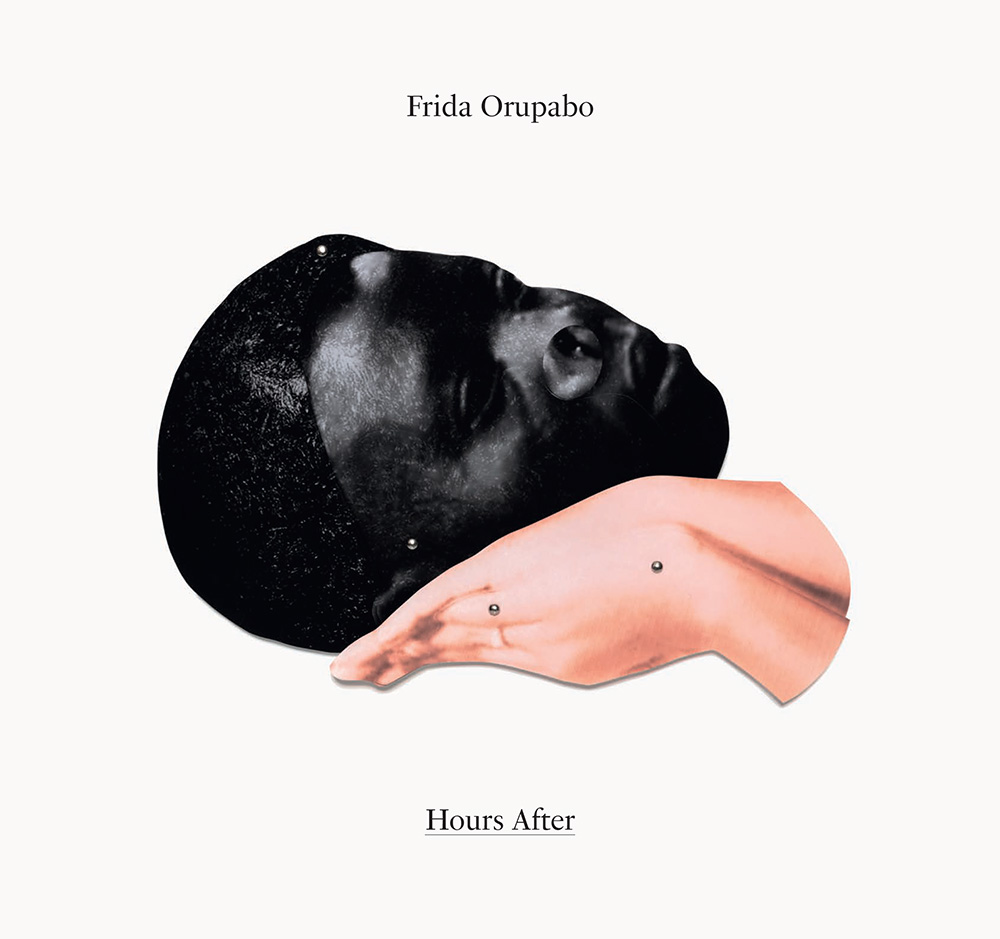
Frida Orupabo
Hours After
Frida Orupabo's catalogue is published on the occasion of her first solo exhibition with Stevenson, also titled Hours After. Images and installation views from the show are preceded by a conversation between Orupabo and Elvira Dyangani Ose, held via Zoom prior to the show's opening. Dyangani Ose begins by noting the importance of Orupabo's use of Instagram as both archive and laboratory, and the catalogue includes a number of pages that echo Orupabo's feed, comprising a selection of found images. In an extract from the discussion of her creative process, Orupabo reflects on the spirit of resistance that informs her work:
Most of the images come from colonial archives, but I also use images from other sources, even paintings sometimes. When choosing images I am looking for resistance or some type of tension, especially in the way a subject sees, or stares. It forces you to stop. Resistance can also be seen in a position – how people sit or stand, how they dress, how they hold their hands. ... There’s something about removing the subject from the context and everything attached to it. The subjects are placed, they are undressed or dressed – they are defined from the outside. There’s also something very familiar about the stare that I recognise from my own upbringing – you know, being brought up in Norway in a predominantly white society, in a white family (except for my sister). I felt for a very long time that I was unable to speak. The only thing I had was my eyes and my anger. Anger is a form of resistance. It sends out a message to your whole body that something is wrong – that what is being done towards you is not OK, even when you remain quiet as an oyster. And so this is what I recognise in many of the images from the colonial archive – the anger and the quiet resistance.
Published by Stevenson | Catalogue 96 | March 2021
Softcover, 64 pages | Unavailable

